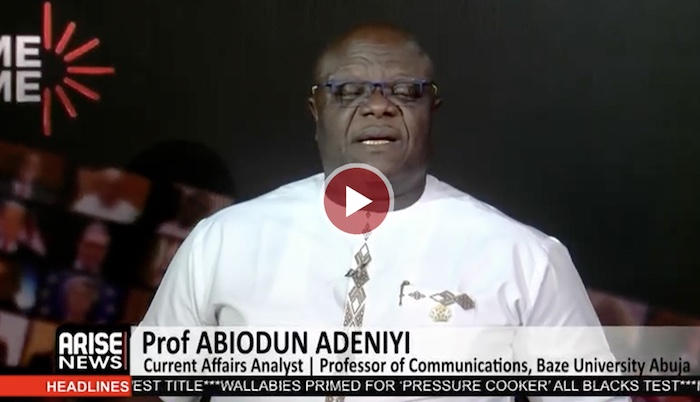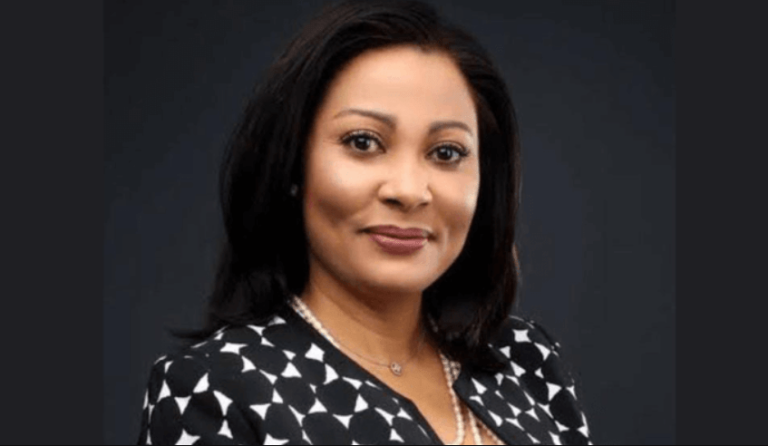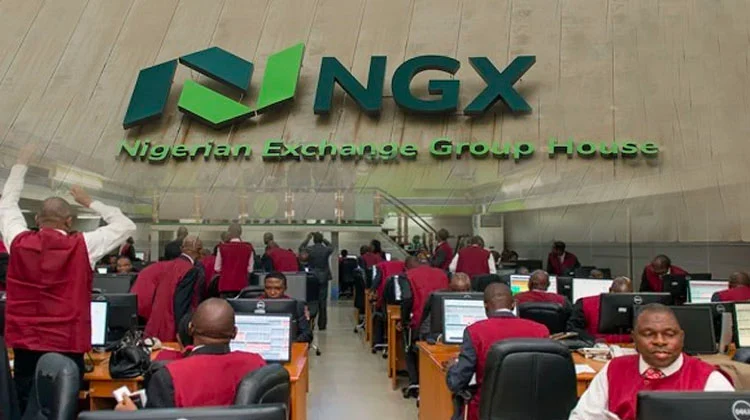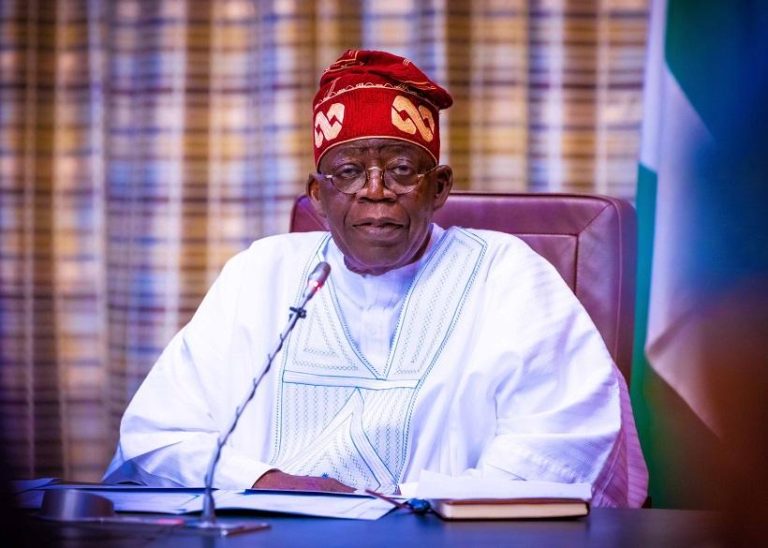

Current Affairs Analyst and Professor of Communications at Baze University, Abuja, Professor Abiodun Adeniyi, says Nigeria’s push for a permanent seat on the United Nations Security Council will remain elusive unless the country strengthens its domestic stability and governance.
Speaking in an interview with ARISE News on Friday, Prof Adeniyi said, “It defines what we’ve seen analysts saying after the exceptional delivery by Vice President Shettima. That’s typical of him. He can be very rhetorical, a very confident speaker, on account of deep intellectual flavour.
“But beyond what Abba Kaka said, which is actually the fact, for us to understand that global reach or penetration is subject to the extent to which domestic policies are solid. If domestic policy is not solid—the level of economics, the level of politics, and the level of stability and predictability—it is going to rub off on how we are rated outside.”
Prof Adeniyi stressed that Nigeria’s global ambitions must be matched by internal reforms.“To talk about a UN permanent seat looks like the highest level of rating. And considering that the United Nations is the only, or the main, multilateral agency we have now—even though there are limitations with respect to its power and influence—at least in terms of acceptance, it appears to be the only one. So it’s an opportunity.”
“We have called for the democratisation of the seats and Nigeria, considering our population, is right to continue to advocate for it. But beyond the advocacy, there is a need for us to continuously look inwards. If we look inwards, tighten our grip on all our sectors, make ourselves prouder than we presently are, then we should expect other parts of the world to also be respectful of us.”
He cautioned that Nigeria’s persistent weaknesses were undermining its credibility on the world stage.
“The government has done nothing wrong in making that call, but we have to be sensitive to the indices presently letting us down as a nation. And what are those indices? Insecurity, debt crisis, the question of ethics in governance, the absence of transparency, and the lack of accountability.
“And of course, problematic leadership—irrespective of reasonable efforts on the part of sections of our leadership. Those things should actually bother us more. If we are able to improve in those regards, then we can say we can compete not just with other African nations, but with other nations in the Global South who are also interested in occupying that position at the United Nations.”
Adeniyi also criticised President Bola Tinubu’s absence at the UN General Assembly for a second consecutive year.
“One of the first things that probably will call our attention to is that this is the second time that the President of Nigeria is missing UNGA, missing being present to discuss our issues and possibly then present some of these reforms.
“Yes, you can say the Vice President can represent him, you can delegate anyone to represent him. But at that level of meeting, it would be right for us to take seriously the need for our own President to be present at such events, to discuss our interests.”
According to him, Nigeria’s weak representation abroad is compounded by the absence of ambassadors.
“Like one of my colleagues said, clearly the absence of ambassadors of Nigeria—you wonder then what are the opportunities we can explore, who will speak for the Nigerian people. Yes, the Vice President has made his speech, but it’s all talk, and talk they say is cheap.
“Home front, how is it like? Because we can’t be relating with the global community as though we are isolated away from them. They know how our home is. Some of the things we are clamouring for at the international scene, we are not even able to keep them here and ensure that citizens of our country enjoy those privileges.”
Adeniyi warned that Nigeria’s advocacy abroad risks hypocrisy if not matched with fairness at home.
“For instance, you talked about the two-state solution that the Vice President mentioned and so many other leaders of the world have spoken about. Then you come back home here and you wonder who is pulling who. Here we hound down our citizens for demanding for such things as equity, justice, and fairness—the same things being demanded for by the Vice President.
“If we are not getting it here, then we won’t exit. People are being slaughtered in their numbers, people are incarcerated without due process of the law. It’s important we realise Nigeria is not isolated from the other parts of the globe. Reforms, yes, we can get reforms, but they should start from home,”he concluded.
Boluwatife Enome



